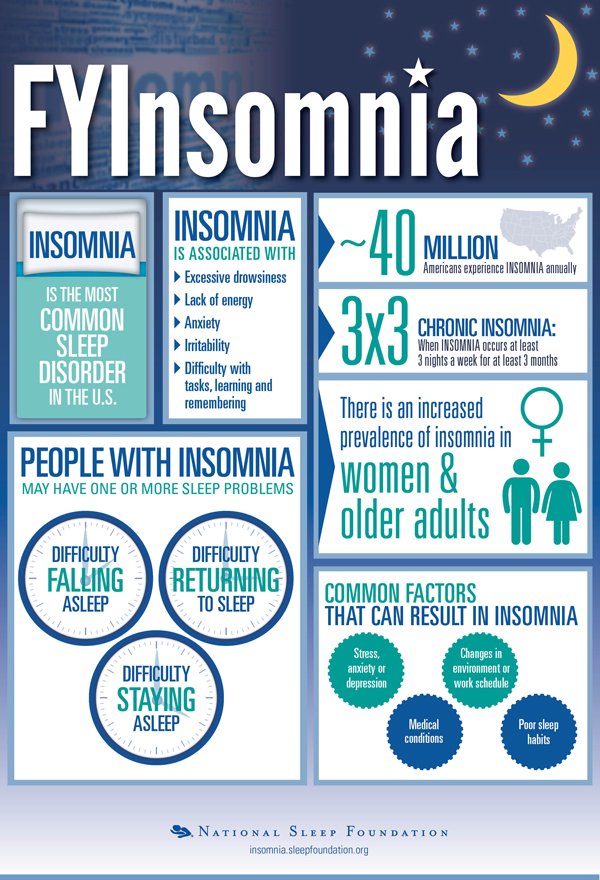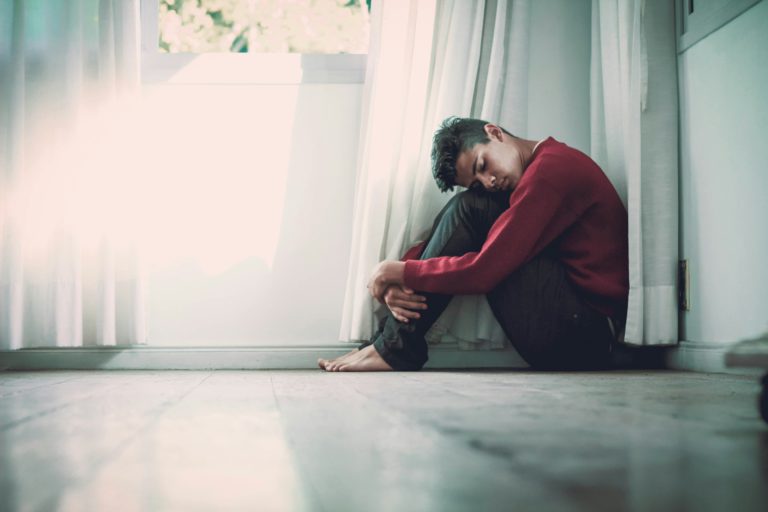Book Appointment Now

Insomnia
Insomnia is the experience of habitual sleeplessness or an inability to sleep.
Sufferers of Insomnia have a persistent problems falling and staying asleep. Symptoms may include difficulty falling or staying asleep and not feeling well-rested. These would be sleeplessness, wakefulness and restlessness.
Most cases of insomnia are related to poor sleeping habits, depression, anxiety, lack of exercise, chronic illness or certain medication.
At least five things can lead to insomnia:
- Learning and conditioning factors;
- Thoughts about sleep that are false and rationally unsupported, and a perceived lack of self-efficacy in managing insomnia (i.e., cognitive factors);
- Medical disorders that impair the sleep-wake cycle;
- Poor sleep habits and other maladaptive behaviors; and
- Psychological issues (e.g., stress vulnerability and hyper arousal) and psychiatric conditions.
There are many medical conditions that can lead to a sleep disorder. In some cases, this may be a medical condition itself. In other cases, symptoms of the condition cause discomfort that can make it difficult for a person to sleep. These conditions are:
- Nasal/sinus allergies
- Gastrointestinal problems such as reflux
- Endocrine problems such as hyperthyroidism
- Arthritis
- Asthma
- Neurological conditions such as Parkinson’s disease
- Chronic pain
- Low back pain
Medications for these and those taken for the common cold and nasal allergies, high blood pressure, heart disease, thyroid disease, birth control, asthma, and depression can also cause insomnia.
 Psychiatric conditions such as depression, and anxiety can also cause Insomnia. Most adults have had some trouble sleeping because they feel worried or nervous. But for some it’s a pattern that interferes with sleep on a regular basis.
Psychiatric conditions such as depression, and anxiety can also cause Insomnia. Most adults have had some trouble sleeping because they feel worried or nervous. But for some it’s a pattern that interferes with sleep on a regular basis.
Anxiety symptoms that can lead to insomnia include:
- Tension
- Getting caught up in thoughts about past events
- Excessive worrying about future events
- Feeling overwhelmed by responsibilities
- A general feeling of being revved up or over stimulated
Insomnia Treatment
Insomnia can be caused by psychiatric and medical conditions, unhealthy sleep habits, specific substances, and/or certain biological factors. It’s important to first understand what could be causing your sleep difficulties.
Treatment for insomnia consists of improving sleep habits, behaviour therapy and identifying and treating underlying causes. Sleeping pills may also be used, but should be monitored for side effects.
Read Insomniac checklist.
If you have trouble sleeping on a regular basis, it’s a good idea to review your health and think about whether any underlying medical issues or sleep disorders could be contributing to your sleep problems. In some cases, there are simple steps that can be taken to improve sleep. These include avoiding bright lighting while winding down and trying to limit possible distractions, such as a TV, computer, or pets.
Some home treatments include:
- A Glass of Warm Milk
- Saint John’s Wort
- Lemon Balm
- Magnesium – one of the most vital minerals
- A Lavender Sleep Sachet (Aromatherapy)
- A Cup of Chamomile
- Exercise
- Get More Melatonin
- Establish a Schedule or Ritual, and Keep a Diary
- Ban computer and T.V. from the bedroom
Alternative Treatments
In other cases, it’s important to talk to your doctor to figure out a course of action.
Healers regularly treat insomnia and consider the ailment a significant indication of a mind/body energy disturbance.
Acupuncture and Reiki are powerful healing modalities that can have a positive impact on insomnia.
It does so in two ways:
- They brings on the relaxation response.
- They quiet the mind, which brings about greater awareness and mindfulness, which in turn allows one insight into the underlying issues that may be keeping one awake.
Insomnia symptoms are not resolved with one trip to the healing practitioner. Your practitioner will likely advise you to return for further therapies a few times a week over the course of a period of time, depending upon the nature of your insomnia. Many clients report a calmness and relaxation they’ve not experienced in a long time while in a Reiki or AcuDetox session and others report an almost involuntary release of emotions.
You should not simply accept poor sleep as a way of life – talk to us now – or a sleep specialist for help.
![]() Question …
Question …
– Did this benefit you? Leave a comment below.
– Do you know anyone who can benefit from this? Send them this page or click on the share buttons.
You’ll be helping us out by spreading the word about our website, and you’ll be helping them out!



